Inaugural Forum on Climate Finance for Island Jurisdictions Convenes in Nevis at the Global Sustainable Insurance Solutions (GSIS) Summit.
The inaugural Forum on Climate Finance for Sub-National Island Jurisdictions (SNIJs) & Overseas Territories, hosted in Nevis on May 30, 2025, marked a significant stride towards addressing the unique climate change vulnerabilities faced by these often-overlooked island communities. Held in conjunction with the Global Sustainable Islands Summit (GSIS) 2025, the forum brought together a diverse assembly of global and regional leaders, climate finance experts, and development partners to engage in strategic dialogue, knowledge sharing, and the formulation of innovative solutions tailored to the specific needs of SNIJs. The event underscored the critical need for equitable access to climate finance and the development of customized mechanisms that acknowledge the distinct challenges faced by these islands. The forum served as a platform to amplify the voices of SNIJs on the global stage and advocate for greater recognition of their unique circumstances in international climate finance frameworks.
Premier Mark Brantley of Nevis, in his opening address, eloquently articulated the structural barriers faced by SNIJs in accessing traditional climate finance. He emphasized the disproportionate vulnerability of these islands to climate impacts due to their subnational status, geographic isolation, and limited economic scale. Premier Brantley’s remarks highlighted the urgent need for innovative financial solutions that address the specific challenges faced by SNIJs, ultimately enabling them to build resilience against the escalating threats of climate change. This sentiment resonated throughout the forum, underscoring the shared understanding among participants of the need for a paradigm shift in how climate finance is allocated and accessed by these vulnerable communities.
The forum featured a rich program of presentations and discussions by leading experts and practitioners in the field of climate finance. James Ellsmoor of Island Innovation provided a comprehensive overview of the diverse typology of SNIJs, while Aike Krips of Bunders Lok Advocaten offered valuable insights into the international legal frameworks relevant to these jurisdictions. Practical strategies for leveraging existing climate finance mechanisms were presented by Lina Tode of Green Overseas, and Angela Burnett Penn of the British Virgin Islands shared a compelling case study of the Virgin Islands Climate Change Trust Fund. These presentations provided a robust foundation for the subsequent discussions and workshops, equipping participants with the knowledge and tools necessary to navigate the complex landscape of climate finance.
A high-level roundtable discussion provided a platform for prominent political leaders from various island jurisdictions to share their perspectives and experiences. Participants included Governor Lou Leon Guerrero of Guam, State Senator Chris Lee of Hawaii, Governor Albert Bryan of the US Virgin Islands, and Hon. Crenston C. Buffonge of Montserrat. Joining them were Hon. Zhavargo Jolly of the Turks and Caicos Islands, Quincia Gumbs-Marie, former Minister of Sustainability and Environment in Anguilla, and Rebecca Fabrizi, the UK’s Envoy for Small Island Developing States. This diverse panel offered valuable insights into the unique challenges and opportunities faced by SNIJs in addressing climate change, highlighting the need for collaborative action and international support.
Interactive workshops facilitated by development and philanthropic organizations such as the Caribbean Development Fund, the Inter-American Development Bank, the Caribbean Biodiversity Fund, Myriad USA, and Republic Bank focused on practical solutions for accessing and deploying climate finance. These sessions delved into specific topics including diaspora investment, blended finance, and public-private partnerships, providing participants with actionable strategies for mobilizing resources and implementing climate resilience projects. The workshops fostered a collaborative environment where participants could share best practices, learn from each other’s experiences, and develop innovative solutions tailored to the specific needs of their respective jurisdictions.
The forum culminated in the launch of the SNIJ Climate Coalition and the unveiling of the “Nevis Agenda,” a forward-looking framework designed to strengthen climate advocacy, improve financial access, and foster cooperation among island jurisdictions. These initiatives represent a significant step towards building momentum and ensuring the voices of SNIJs are heard leading into COP30 in Brazil. The Nevis Agenda provides a roadmap for collective action, empowering SNIJs to advocate for their needs on the global stage and secure the necessary resources to build climate resilience. The forum concluded with a closing session summarizing the key insights and proposals generated throughout the day, followed by a networking reception that celebrated the collective resolve and leadership of the global island community.
Share this content:
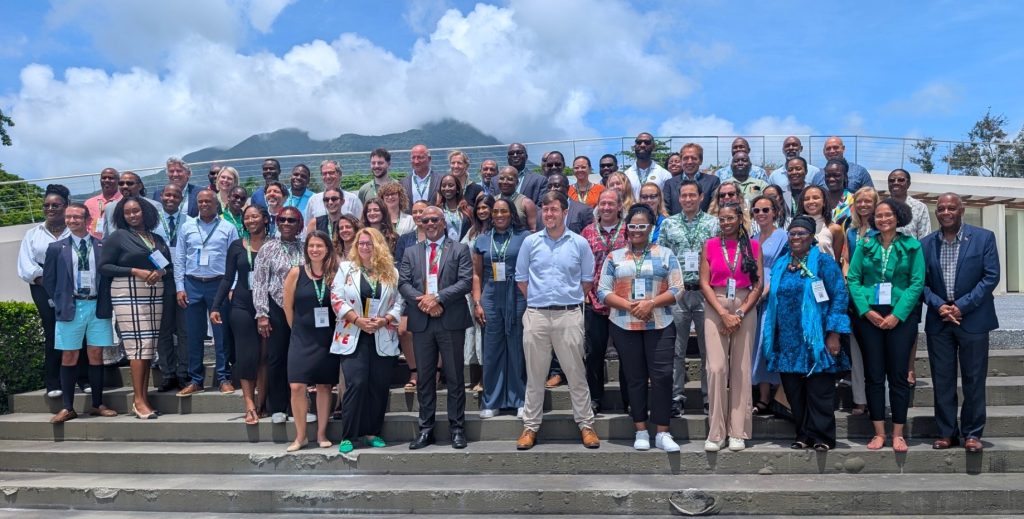


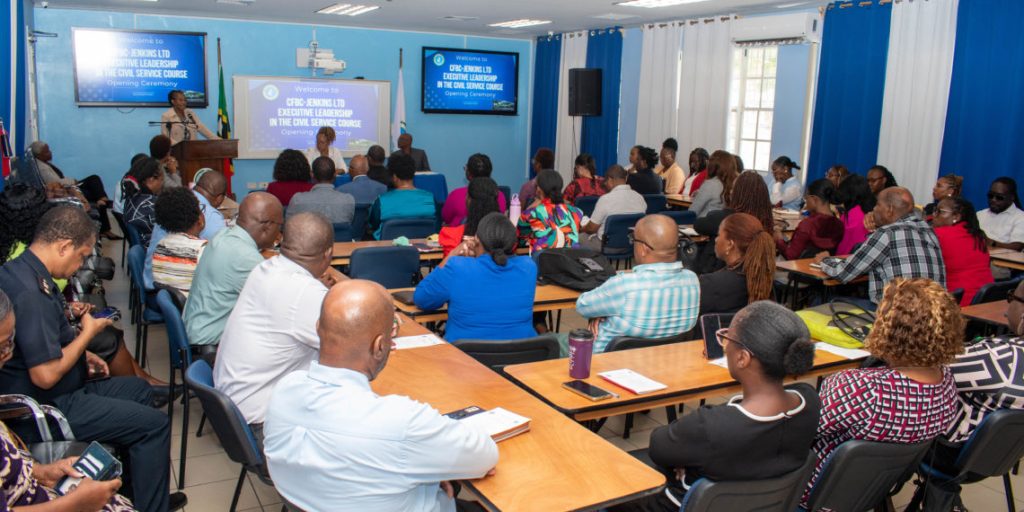


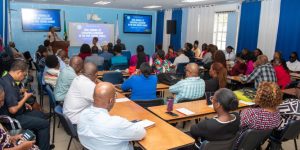
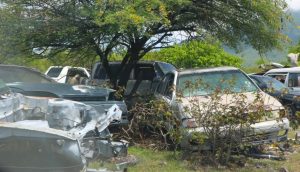




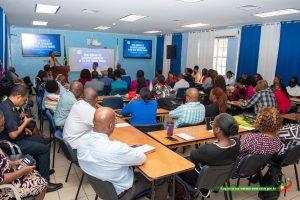
Post Comment